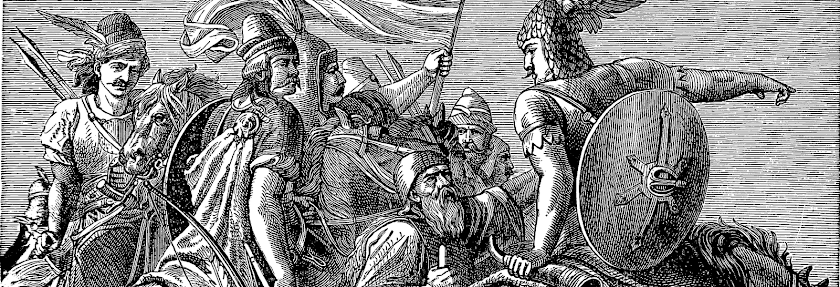Was at the Gamerhaus yesterday for a playtest of an RPG combat system some friends are working on, and ended up also playing videogames and OGRE and then coming back today.
OGRE: Matt played defense again, this time with three howitzers clustered in the rear-center and six heavy tanks spread out in front of them, with infantry in front of them. I considered attacking straight down the centerline, but shifted to attack from the left when I reached howitzer range, and was engaged first by three of the tanks and supporting infantry. I burned my missiles to disable two of the tanks, and lost my main gun to the first round of stacked fire. I overran probably three tanks in the next two turns and surrounded three hexes from the howitzercluster at 31 tread units (ie, the least possible number of treads with which I could reach and overrun them in one move). Matt had some horrible luck attacking my treads that turn, and so I did succeed in overrunning one howitzer and destroying the other two with my secondary weapons, leaving three tanks and some infantry on the field. The tanks did a number on my secondary batteries, but because they had to be at range 2 to fire I was able to chase them down and ram them. The infantry then succumbed to antipersonnel fire. At the end of the game I think I had one secondary cannon and seven AP weapons left, and was probably at 25ish tread units. A much better showing for the defense than last time; heavy tanks mean business. I think three potential mistakes were not engaging and doing tread damage before I was in howitzer range, not moving the right-side group sooner (which let me engage the two groups not-exactly separately but also did not force me to ever engage his entire force at once) and clustering the howitzers so tightly that if I got one of them I was going to get all of them.
Today, we played Lords of Waterdeep, Sentinels, Niagara, and Alchemists.
Lords of Waterdeep: This was my first time playing. I enjoyed this game; it was slightly work-replacement-y, and felt sort of like a cross between Manhattan Project and Colosseum, in that the worker allocation model was similar to Manhattan Project and the many-resources allocation model for completing quests felt somewhat similar to Colosseum's resource allocation to shows. My Lord gave bonuses for commerce and warfare, but I drew a thief-engine plot quest in my opening pair and so ended up doing a lot of skullduggery instead, which ended up hurting me a little; I had a good lead in the midgame, but after lord bonuses were factored in I tied for 2nd/3rd of four players, with 1st place winning via completing a pair of 25-point quests in the last two turns. Honestly saving up adventurers and then nabbing a pair of good quests near the end, rather than completing lots of small quests, is probably not a bad strategy. The game also left me with some food-for-thought regarding the ACKS domain game, namely that a simplified subsystem for resolving "we hire some adventurers to take care of X for us" would be pretty handy. I also sort of wish I'd taken the time to read the flavor text and have a chuckle at the emergent narrative (of, for example, the City Watch building a thief engine), but it was a long enough game as it was.
Sentinels: We got wrecked by villain board-clear after a fairly promising start and due in part to lack of board-clear or healing of our own. Happens.
Niagara: First time playing this as well, and was not a fan. Felt very treadmilly; oh I'm down at the top of the falls again, maybe I'll actually make it one tile upriver this turn... nope.
Alchemists: A relatively new game, and a pretty hilarious simulation of academia. The conference deadlines are always one turn too close, and the results you end up publishing to meet them are usually wrong, but the grant committee doesn't care. I'm not a huge fan of the reliance on a smartphone / mobile app, but the "information hidden from all players, which they must actually deduce for themselves" element that it made possible was really good. It was the first real game for all of us, and Mistakes Were Made - Drew used the wrong two ingredients for something, Matt misrecorded an experimental result early in the game and ended up with some incorrect deducations later, I misunderstood the rules for debunking an incorrect published result... but these things happen. I was behind all game because I was focused on correctness over meeting conference deadlines, and was pleased to discover that this actually worked out alright at the end of the game, when my fewer-but-correct publications were worth more than inaccurate publications that were produced early for grant points, and so I came back to second place by a point (it was a very tight spread overall, with third and fourth only a few points behind me). Would play again.

No comments:
Post a Comment